Actinoscirpus (Ohwi) R. W. Haines & Lye
giant bulrush, greater club-rush
Cyperaceae
Cyperus, Juncus, Schoenoplectus
India to southeast Asia, China, Japan, Malaysia, northern Australia
Actinoscirpus grossus (L.F.) Goetgh. & D.A. Simpson
information not available
sometimes considered invasive
inundated to emergentemergent:
(adj) (syn. emersed) with parts raised out of the water; extending up out of the water
 sedge
sedge
Perennial. Stolons long, often with a small tubertuber:
(n) un underground storage organ formed from swelling of a stem
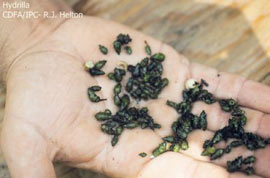 at the apices; culms sharply triangular, sides concave, smooth or slightly roughened, septateseptate:
at the apices; culms sharply triangular, sides concave, smooth or slightly roughened, septateseptate:
(adj) divided or partitioned by cross-walls
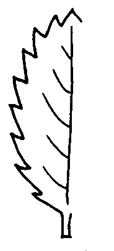 , spongy. Leaves basalbasal:
, spongy. Leaves basalbasal:
(adj) at or pertaining to the base, or point of attachment
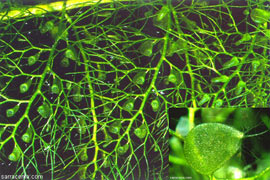 ; ligulateligulate:
; ligulateligulate:
(adj) possessing or with a ligule
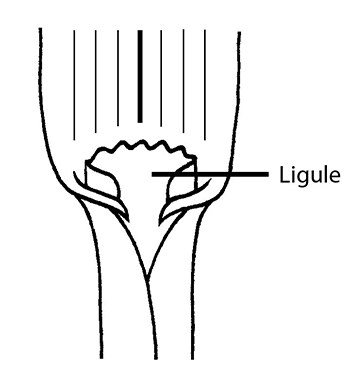 ; sheaths spongy, with prominent cross-veins, yellowish; leaf bladeblade:
; sheaths spongy, with prominent cross-veins, yellowish; leaf bladeblade:
(n) (syn. lamina) the flat, expanded part of a leaf, frond, or petal (excluding, e.g., the petiole)
 linear, keeledkeeled:
linear, keeledkeeled:
(adj) having a keel; sharply creased
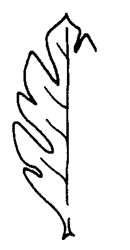 below, apexapex:
below, apexapex:
(n) the point farthest from the point of attachment; the tip (often pointed)
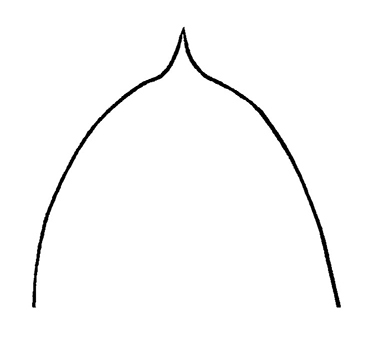 acute, base sheathing, marginmargin:
acute, base sheathing, marginmargin:
(n) edge; rim
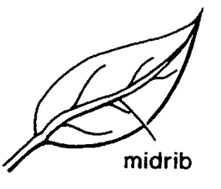 scabrousscabrous:
scabrousscabrous:
(adj) of a surface, rough to the touch due to presence of short stiff hairs
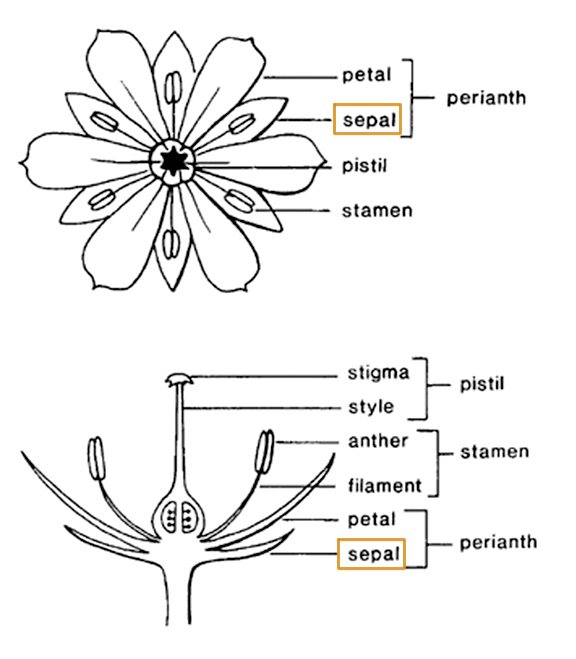 , venationvenation:
, venationvenation:
(n) the arrangement of veins in a leaf
 parallel. Inflorescenceinflorescence:
parallel. Inflorescenceinflorescence:
(n) the arrangement of flowers on the floral axis
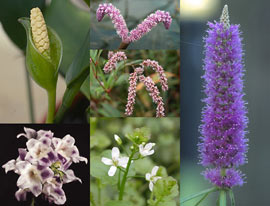 terminalterminal:
terminalterminal:
(adj) at the apex
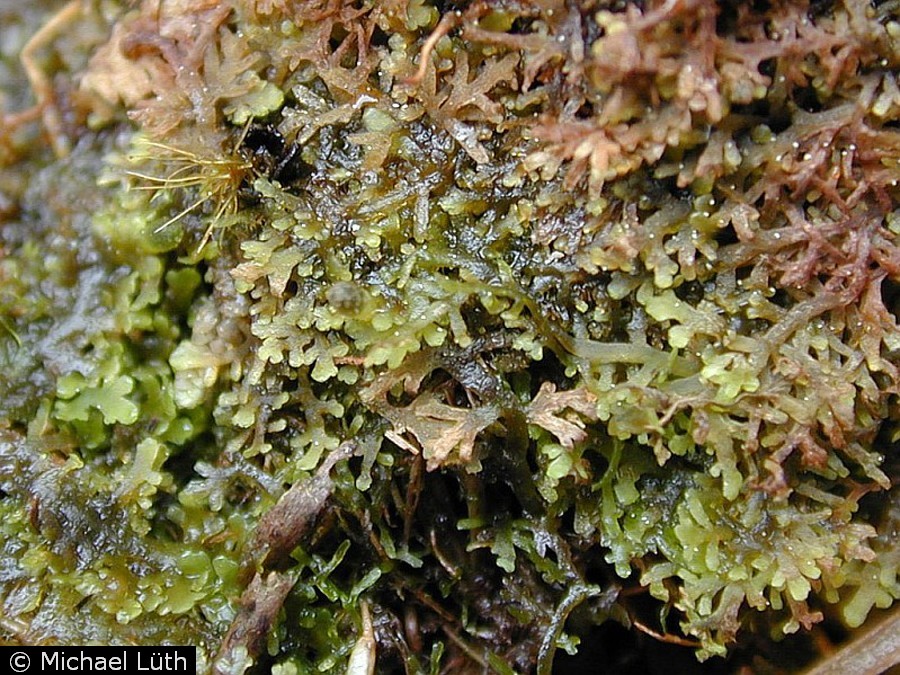 , a compoundcompound:
, a compoundcompound:
(adj) with two or more like parts, as in a compound leaf; divided into two or more subsidiary parts or orders, as in a compound inflorescence
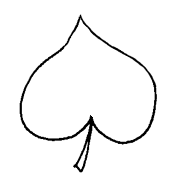 anthela (similar to a paniclepanicle:
anthela (similar to a paniclepanicle:
(n) an indeterminate, branched (often much-branched) inflorescence; the ultimate units may be of a different inflorescence type
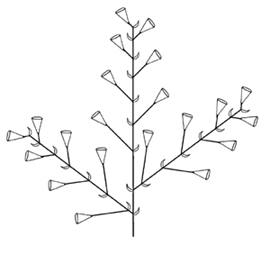 ); involucral bracts 3-4, leaf-like, exceeding inflorescenceinflorescence:
); involucral bracts 3-4, leaf-like, exceeding inflorescenceinflorescence:
(n) the arrangement of flowers on the floral axis
 ; spikelets numerous.
; spikelets numerous.
in inundated places and shallow waters, ditches, pools, marshes, swamps, paddy fields; often forming a large community
Actinoscirpus grossus is the sole species in this genus.